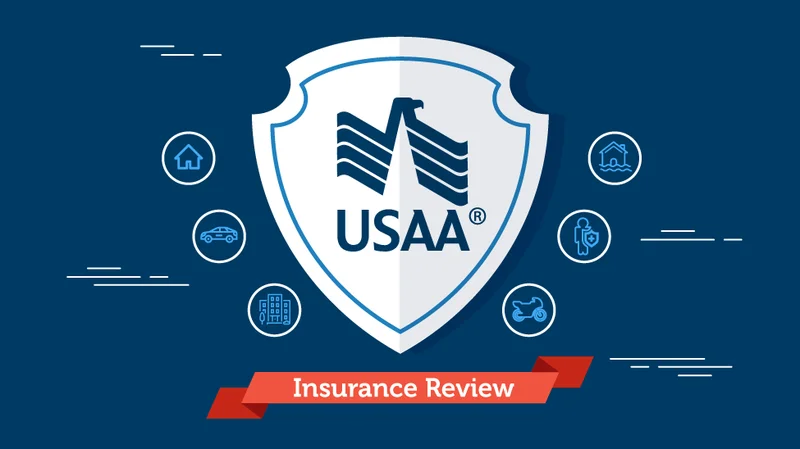USAA: Not Just Insurance, But a Financial Launchpad for Military Families
Beyond Policies, A Mission
Okay, folks, let’s talk about USAA. You probably know them for car insurance, maybe even life insurance. But what if I told you it's so much more? What if I told you that, beneath the surface of premiums and deductibles, lies a powerful engine for economic empowerment, specifically aimed at veterans and military families?
I stumbled across a recent announcement – and I'll admit, I got a little too excited. USAA's CEO is on a $500 million mission to boost job market opportunities for veterans and their families. Think about that for a second. Half a billion dollars. That's not just corporate philanthropy; that's a strategic investment in the very people who've served our country. This isn’t just about offering competitive rates on car insurance (though they consistently rank well below average, which is awesome) or scoring high on J.D. Power customer service surveys (and they do!), it's about building a foundation for long-term financial success. According to a recent USAA CEO is on a $500 million mission to get veterans and military families better job market opportunities, this initiative aims to provide veterans and their families with better access to jobs and financial security.
Now, I know what some of you might be thinking: “Okay, Dr. Thorne, that sounds great, but how does it actually work?"
Well, let's break it down. It's about access. Access to capital, access to training, and access to networks. Imagine a veteran transitioning out of the military, armed with incredible leadership skills and technical expertise, but lacking the specific tools and connections to thrive in the civilian job market. USAA is stepping in to fill that gap. They’re not just writing checks; they’re creating pathways. It's about connecting these talented individuals with the resources they need to launch businesses, secure high-paying jobs, and build lasting wealth.

And speaking of building wealth, let's not forget the core business. USAA's commitment to offering competitive rates on auto insurance, coupled with a plethora of discounts (good grades, safe driving, bundling policies—the list goes on!), directly translates into more money in the pockets of military families. That extra cash can be used to pay down debt, invest in education, or simply provide a more comfortable life. It might seem like a small thing, but over time, those savings can add up to a significant financial advantage.
This reminds me of the early days of the internet. People saw it as just a way to send emails, but a few visionaries understood its potential to revolutionize communication, commerce, and culture. Similarly, USAA is not just an insurance company; it's a potential catalyst for a paradigm shift in how we support our military community.
There are, of course, challenges. USAA has faced lawsuits alleging bad faith in claims, and some customer reviews cite inconsistent customer service. It's crucial to acknowledge these issues and hold USAA accountable for addressing them. According to Insurance Business Magazine, USAA faces lawsuit as policyholders allege systemic bad faith in claim. But even with these challenges, the overall trajectory is undeniably positive.
What does this mean for us? It means we have a responsibility to support companies that are actively investing in our communities. It means we need to demand transparency and accountability from these companies, ensuring that their efforts are truly making a difference. And, perhaps most importantly, it means we need to recognize the power of collective action. When we come together to support a common cause, we can achieve truly remarkable things. When I first read about USAA's mission, I honestly sat back in my chair, speechless. This is the kind of initiative that reminds me why I got into this field in the first place.
A Future Forged in Service
Is USAA's approach a perfect solution? Of course not. But it’s a bold step in the right direction. And it sends a powerful message: that we value the sacrifices of our military personnel and are committed to providing them with the resources they need to thrive, not just survive.
